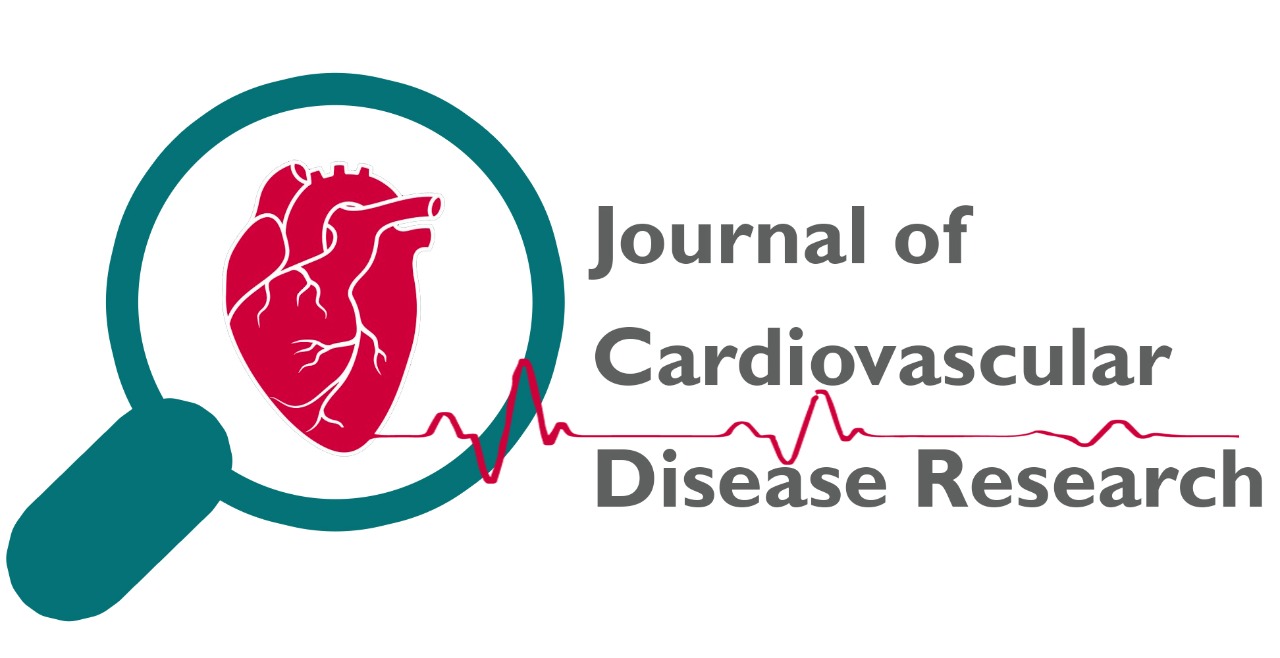
INFECTION IN NEPHROTIC SYNDROME CASES PRESENTING IN TERTIARY CARE CENTRE
Dr. Rahul Singh, Dr. Bhoopendra Sharma, Dr. Vijay Singh, Dr. Amresh Kumar Singh
JCDR. 2023: 601-606
Abstract
The aim of the present study was to describe the accurate rate of infection and specific type of treatment in nephrotic syndrome cases admitted with activity to nephrology unit. Methods: It was a retrospective case series study carried out in the department of Pediatrics, BRD Medical College Gorakhpur U.P. Children of 1-15 years of age who had developed nephrotic syndrome for the first time and fulfilled the International Study of Kidney Disease in Children (ISKDC) criteria for diagnosis of primary nephrotic syndrome (PNS) were enrolled in the study through OPD, nephrology ward and emergency room. The study was conducted over a period of 12 months. 120 patients were included in the study. Results: A total of 120 children between the ages of 1 year to 15 years, diagnosed with NS were taken for the study. Majority of the subjects presented between 5-8 years of age (40%), followed by 9-12 years of age (30%). Among these, 66.66% of children were male and 33.34% were female. The most common presenting symptom was facial puffiness seen in 100% of patients, followed by abdominal distension (90%), pedal edema (80%), oliguria (50%), scrotal edema (40%), fever (33.34%), burning micturition (23.34%), abdominal pain (25%), hematuria (16.66%) and vomiting (13.34%). Most common was observed to be ascites comprising of 63.34% of cases, followed by hypertension (41.66%), respiratory complications like pleural effusion and pneumonia (25%), thromboembolism in 5% of cases and spontaneous bacterial peritonitis seen only in 2.5% of the cases. Of the 120 subjects included in the study, it was noted that 75% of the children presented with first episode of nephrotic syndrome, 20% with infrequent relapses and 5% with frequent relapses. Conclusion: Major infections remain an important complication of nephrotic syndrome in children, especially during relapses. Drug resistant organisms should be considered while treating these infections in children with nephrotic syndrome. Counseling the parents is very important for the prompt management of these children.
Description
Volume & Issue
Volume 14 Issue 7
Keywords
|
This is an open access journal which means that all content is freely available without charge to the user or his/her institution. Users are allowed to read, download, copy, distribute, print, search, or link to the full texts of the articles in this journal without asking prior permission from the publisher or the author. This is in accordance with the Budapest Open Access Initiative (BOAI) definition of open access.
The articles in Journal of Cardiovascular Disease Research are open access articles licensed under the terms of the Creative Commons Attribution Non-Commercial License (http://creativecommons.org/licenses/by-nc-sa/3.0/) which permits unrestricted, non-commercial use, distribution and reproduction in any medium, provided the work is properly cited. |
|
|
|
|
|
Copyright � 2022 Journal of Cardiovascular Disease Research All Rights Reserved. Subject to change without notice from or liability to Journal of Cardiovascular Disease Research.
For best results, please use Internet Explorer or Google Chrome POLICIES & JOURNAL LINKS
Author Login
Reviewer Login About Publisher Advertising Policy Author's Rights and Obligations Conflict of Interest Policy Copyright Information Digital Archiving & Preservation Policies Editorial Policies Peer Review Policy Editorial & Peer Review Process License Information Plagiarism Policy Privacy Policy Protection of Research Participants (Statement On Human And Animal Rights) Publication Ethics and Publication Malpractice Statement Corrections, Retractions & Expressions of Concern Self-Archiving Policies Statement of Informed Consent Terms of Use |
Contact InformationJournal of cardiovascular Disease Research,
|




